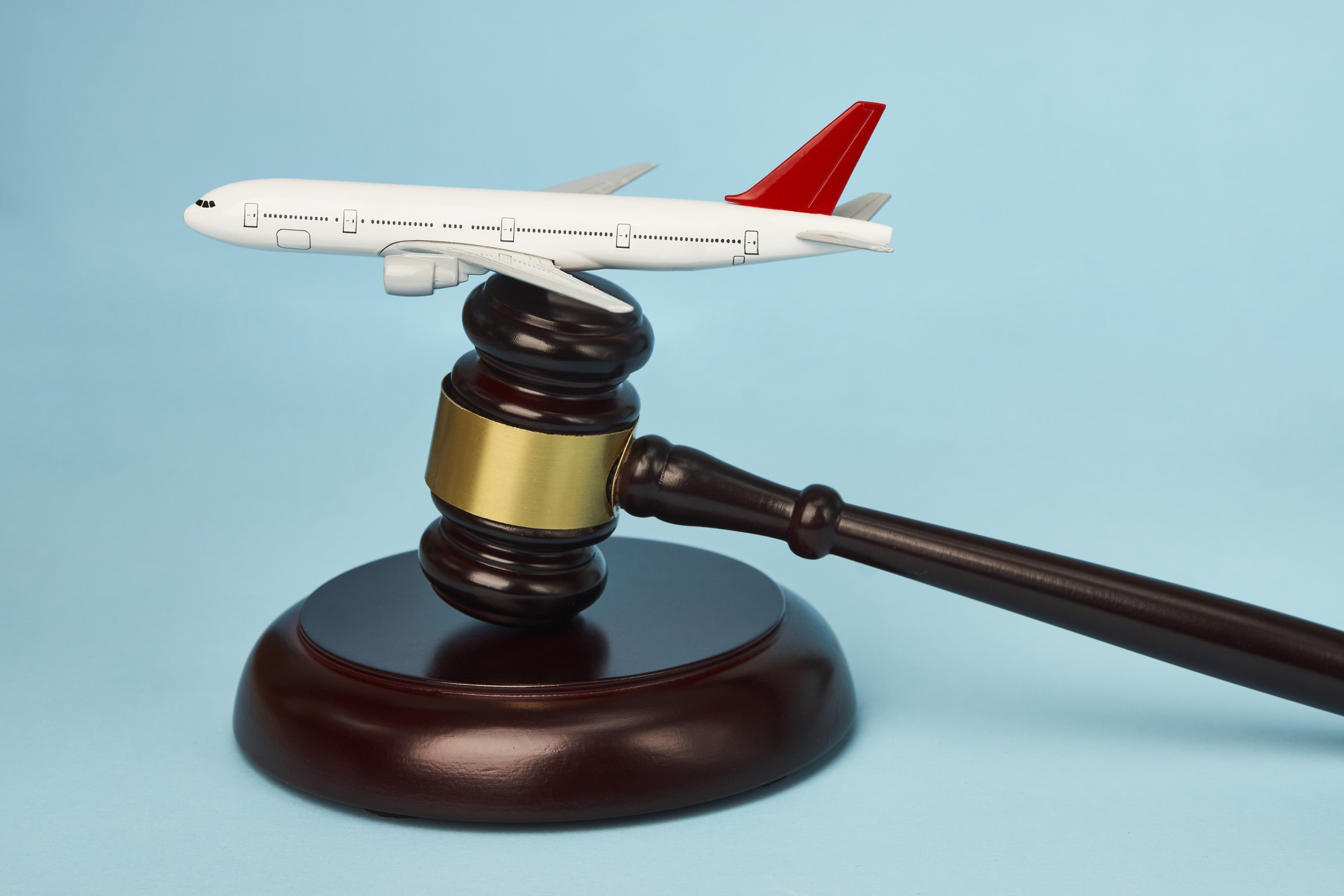
What are the key legal issues in aviation? Aviation law is a complex field that covers everything from passenger rights to aircraft safety. Key legal issues in aviation include airline liability, pilot certification, aircraft maintenance regulations, and international aviation treaties. These laws ensure that air travel remains safe and efficient. Passenger rights often come into play when flights are delayed or canceled, while airline liability deals with accidents and injuries. Pilot certification ensures that only qualified individuals operate aircraft, and maintenance regulations keep planes in top condition. Understanding these issues helps travelers and industry professionals navigate the skies more confidently.
Key Takeaways:
- Know Your Rights: In the EU, passengers can get compensation for flight delays, denied boarding, and lost luggage. Airlines must follow strict regulations for safety and environmental standards.
- Safety and Privacy: Aviation legal issues include passenger screening laws and data privacy regulations to protect personal information. It's important for airlines to comply with these laws for passenger safety and privacy.
Understanding Aviation Legal Issues
Aviation law is a complex field that covers everything from passenger rights to airline regulations. Here are some intriguing facts about aviation legal issues that you might not know.
Passenger Rights
Air travel can be stressful, especially when things go wrong. Knowing your rights can make a big difference.
-
Compensation for Delays: In the European Union, passengers are entitled to compensation if their flight is delayed by more than three hours. This rule applies to all flights departing from an EU airport or arriving at one on an EU airline.
-
Denied Boarding: If an airline overbooks a flight and you are denied boarding, you may be entitled to compensation, meals, and accommodation. This is common in the United States and the European Union.
-
Lost Luggage: Airlines are responsible for lost or damaged luggage. In the U.S., the maximum liability is around $3,800 per passenger. International flights follow the Montreal Convention, which sets a different limit.
Airline Regulations
Airlines must adhere to numerous regulations to ensure safety and fairness.
-
FAA Regulations: In the United States, the Federal Aviation Administration (FAA) sets strict rules for airline operations, including maintenance, pilot training, and flight operations.
-
Noise Restrictions: Many airports have noise restrictions to minimize the impact on surrounding communities. Airlines must comply with these rules or face hefty fines.
-
Environmental Standards: Airlines are required to follow environmental regulations, such as reducing carbon emissions and managing waste. The International Civil Aviation Organization (ICAO) sets global standards.
Legal Issues in Aviation Accidents
Accidents, though rare, bring about significant legal challenges.
-
Liability: Determining liability in aviation accidents can be complex, involving multiple parties such as the airline, aircraft manufacturer, and maintenance providers.
-
Compensation for Victims: Victims of aviation accidents or their families can seek compensation through lawsuits. The amount varies based on factors like the severity of the injury and the victim's earning capacity.
-
International Treaties: The Montreal Convention governs international air travel, setting rules for compensation in cases of injury, death, or baggage loss.
Security and Privacy
Security measures and privacy concerns are also significant legal issues in aviation.
-
Passenger Screening: Security screening at airports is governed by laws to ensure passenger safety. In the U.S., the Transportation Security Administration (TSA) oversees these procedures.
-
Data Privacy: Airlines collect a lot of personal data from passengers. They must comply with data protection laws like the General Data Protection Regulation (GDPR) in the EU to protect this information.
Final Thoughts on Aviation Legal Issues
Aviation legal issues are complex but crucial for ensuring safe skies. From airline liability to passenger rights, understanding these laws helps everyone involved in air travel. Regulations like the Montreal Convention and FAA guidelines set the standards for safety and accountability. Environmental laws also play a big role, pushing for greener aviation practices. Drone regulations are evolving, reflecting their growing use. Labor laws protect the rights of aviation workers, ensuring fair treatment. Intellectual property issues, like patents for new technology, drive innovation. International laws harmonize rules across borders, making global travel smoother. Staying informed about these legal aspects benefits passengers, airlines, and regulators alike. Knowledge is power, especially when navigating the skies.
Frequently Asked Questions
Was this page helpful?
Our commitment to delivering trustworthy and engaging content is at the heart of what we do. Each fact on our site is contributed by real users like you, bringing a wealth of diverse insights and information. To ensure the highest standards of accuracy and reliability, our dedicated editors meticulously review each submission. This process guarantees that the facts we share are not only fascinating but also credible. Trust in our commitment to quality and authenticity as you explore and learn with us.


